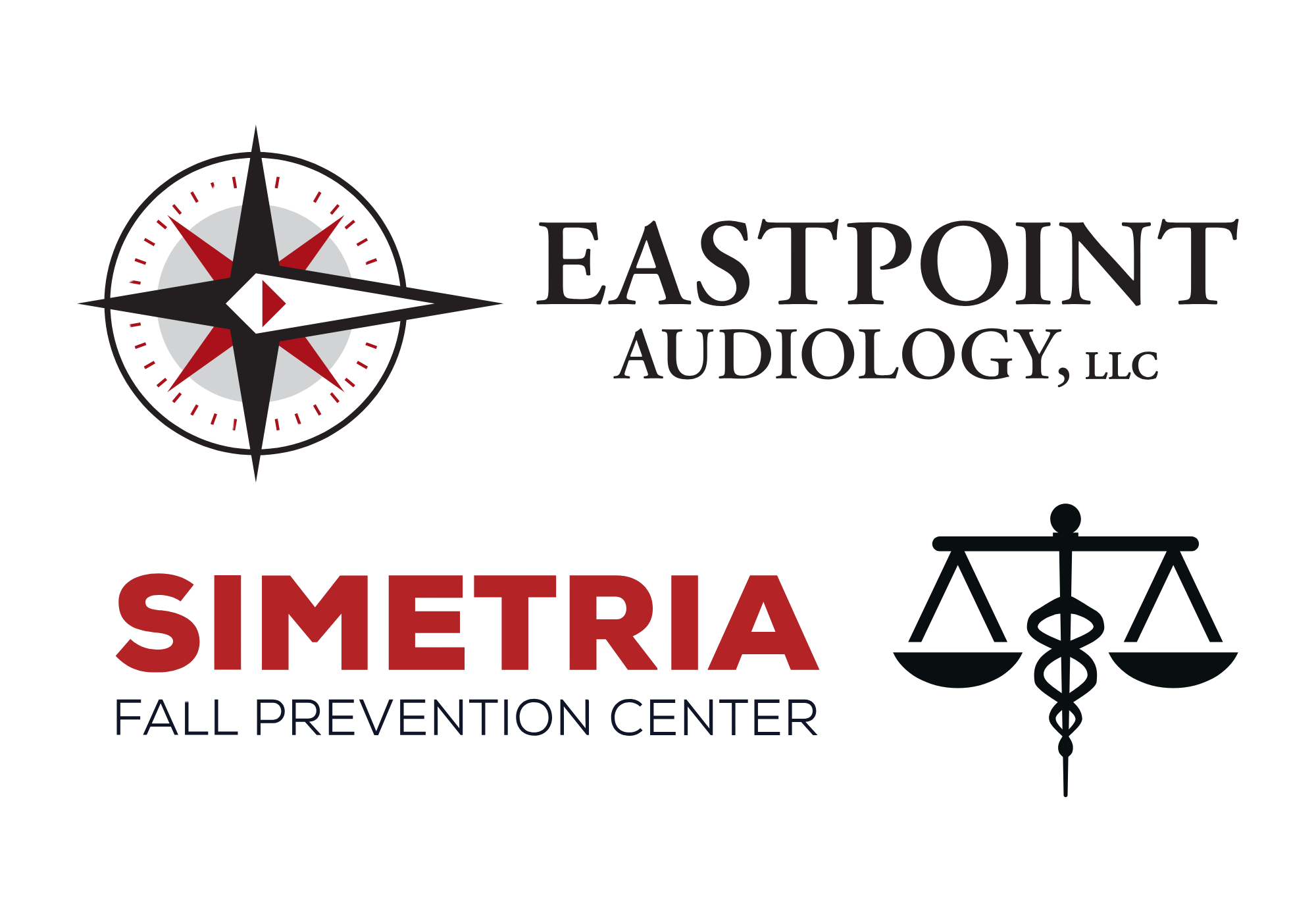
Can driving with open windows cause permanent damage to your hearing? Does it save money on gas? Should you drive with your windows up or down? Let’s take a fresh look at these issues.
Picture this: It’s a serene early morning, the clock ticking at 7:45 AM. As the freeway stretches out before you, nearly free of traffic, you settle into an unhurried pace of 55 miles per hour, feeling the invigorating wind flow in through your rolled-down windows. Isn’t it excessive to use the car’s air conditioner on such a beautiful day? What’s the point of wasting valuable fuel?
But the question is: Is driving with the windows rolled down potentially harmful to your ears?
What the research indicates about driving with open windows
Think it’s not that loud? Researchers in the UK carried out experiments with various vehicles, from Mazdas to Aston Martins, during non-peak hours at speeds of 50, 60, and 70 MPH.
The researchers’ results were uniform: regardless of the type of vehicle or its speed, driving with the windows open subjected the driver to a nearly continuous sound level of at least 89 decibels.
Does this noise level pose a danger of permanent hearing damage?
Certainly, exposure to 85 decibels over an 8-hour period can result in irreversible hearing loss.
Prolonged exposure to extremely loud noises, like those surpassing 100 decibels in congested traffic, can cause impairment in as little as 15 minutes.
What factors contribute escalated noise with open windows?
Numerous elements can increase the noise levels even while your vehicle may already seem loud.
Engine and vehicle types
Most gas engines produce about 85 decibels of noise due to the rapid explosions in their cylinders, accounting for approximately 80% of gas-powered automobiles. A somewhat quieter ride may be expected in hybrid vehicles or vehicles with smaller 4-cylinder engines. Alternatively, high-performance vehicles like Ferraris can produce more than 100 decibels, particularly in lower gears.
Wind resistance
The whooshing and whistling sounds caused by wind passing over your vehicle can significantly add to the overall noise level, even in fairly quiet cars. Studies have demonstrated that bicyclists face about 85 decibels of wind resistance at only 15 MPH, rising to 120 decibels at 60 MPH. Given that automobiles experience even greater wind resistance, driving with windows down can indeed impact your hearing.
Traffic magnifies noise
Every passing vehicle, even on multi-lane highways, adds to noise amplification. Along with the noise of the engine, you are also exposed to the rush of air created by other vehicles passing by, which adds to a louder overall environment.
Tips for reducing risks and ensuring safe driving
Reduce the threat of hearing loss while driving with windows open by following these measures.
- Remember to take breaks while on long road trips by going between having the windows up and down.
- One way for drivers of convertibles to minimize noise exposure is to roll up the windows while leaving the roof open.
- Use smartphone apps to keep track of noise levels in regular traffic conditions (never while driving).
- To prevent being exposed to loud noises over 100 decibels for an extended period of time, it is recommended to keep your windows up when driving in heavy traffic.
- To protect your hearing, refrain from blasting music to mask traffic sounds.
- When operating a motorcycle or bicycle, think about purchasing helmets that are especially made to decrease the impact of traffic noise.
- Regularly monitor your hearing health, especially if you’ve been repeatedly driving with windows open.
Essentially, cruising with the windows open can expose you to a variety of potentially damaging sounds, such as the roar of the engine and rushing wind, which might pose a threat to your auditory well-being.
Taking measures to safeguard your ears can help you preserve your hearing while still taking pleasure in the pleasure of driving with the windows down.
If you are concerned about hearing loss caused by noise, please contact us today.
